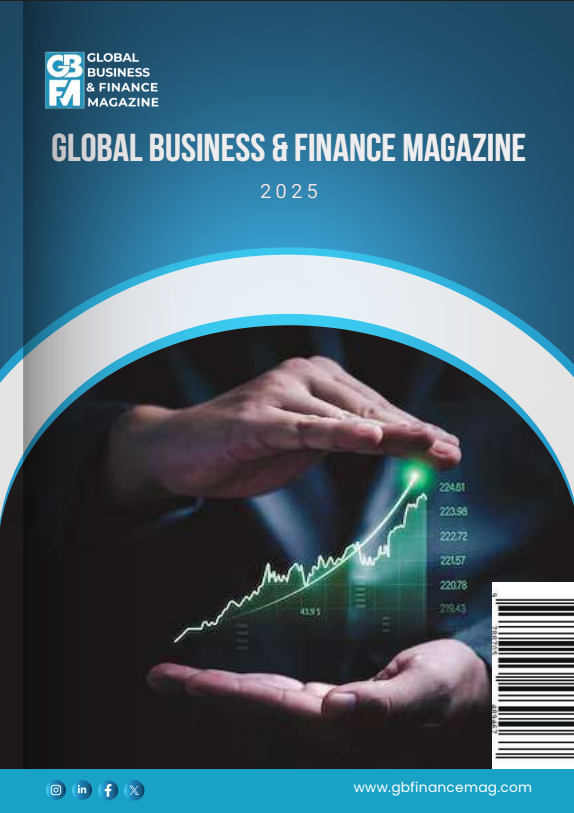Economic impact of US tariff hikes: Significance of trade diversion effects
The 2025 US tariff increases varied significantly across most economies. This column argues that the economic impact of these tariffs will also not be uniform. Using a multi-sector, multi-region computable general equilibrium model, it estimates that US real GDP will decrease by around 4%, and that larger adverse impacts are expected in Canada and Mexico. […]












